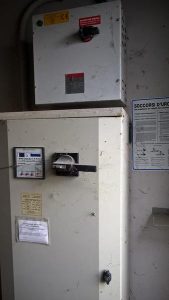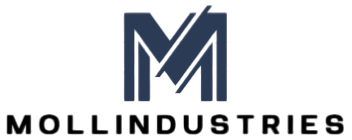In today’s fast-paced industrial landscape, ensuring the reliability and efficiency of electrical systems is paramount. Electrical cabins, which house critical power distribution and control equipment, are integral to maintaining operational continuity. However, neglecting their maintenance can lead to significant risks, including costly downtime, safety hazards, and equipment failure. Proactive electrical cabin maintenance emerges as a strategic approach that not only safeguards equipment but also enhances overall operational efficiency. One of the primary benefits of proactive maintenance is cost savings. By routinely inspecting and servicing electrical cabins, potential issues can be identified and resolved before they escalate into major failures. For instance, regular checks can uncover minor wear and tear in circuit breakers or connection points, which, if left unaddressed, could lead to catastrophic failures. These failures not only incur hefty repair costs but can also result in extended downtime, causing a ripple effect that disrupts production schedules and affects profitability.

In contrast, investing in preventive maintenance allows businesses to allocate their budgets more effectively, transforming maintenance from a reactive expense into a proactive investment. Moreover, proactive maintenance reduces risks associated with safety and compliance. Electrical cabins are subject to strict regulatory standards to ensure safe operation. Regular inspections and maintenance help ensure compliance with these standards, reducing the likelihood of safety violations that can lead to legal ramifications or fines. By maintaining equipment in optimal condition, companies can also mitigate risks to personnel. Overheated or malfunctioning electrical equipment poses significant safety hazards, potentially cabine elettriche resulting in fires or electrocutions. Proactively addressing maintenance issues enhances workplace safety and fosters a culture of responsibility and care among employees.
Additionally, modern technology has revolutionized maintenance practices. Advanced monitoring systems can provide real-time data on equipment performance, enabling predictive maintenance strategies. By analyzing trends and identifying patterns, organizations can foresee potential failures and address them proactively. This shift from traditional maintenance practices to data-driven approaches not only enhances efficiency but also optimizes resource allocation, ensuring that maintenance efforts are focused where they are most needed. Proactive electrical cabin maintenance is a crucial strategy for organizations seeking to enhance efficiency, reduce costs, and minimize risks. By prioritizing regular inspections and leveraging technology, businesses can safeguard their operations, protect their workforce, and ensure compliance with regulatory standards. As industries continue to evolve, embracing proactive maintenance will not only preserve equipment longevity but also contribute to a sustainable and resilient operational framework.
